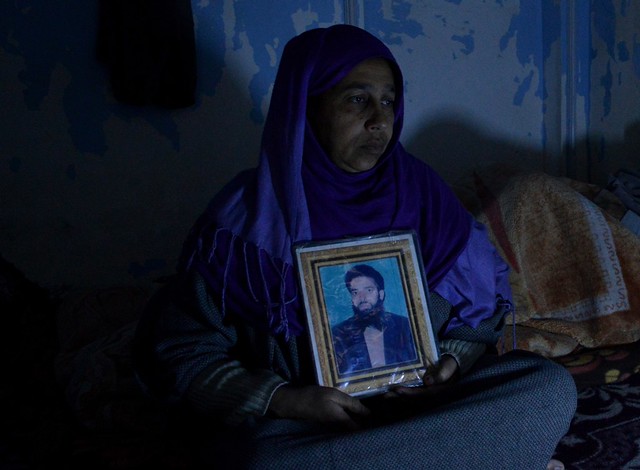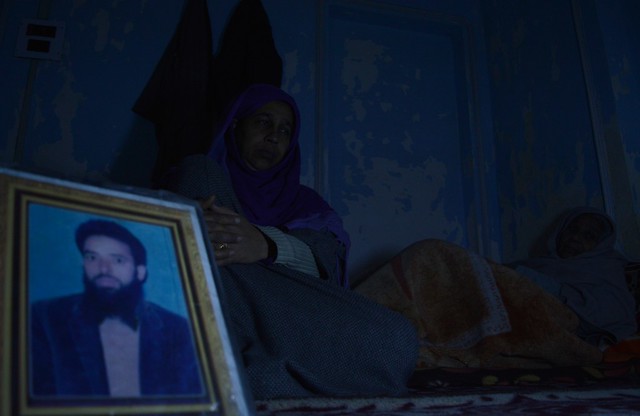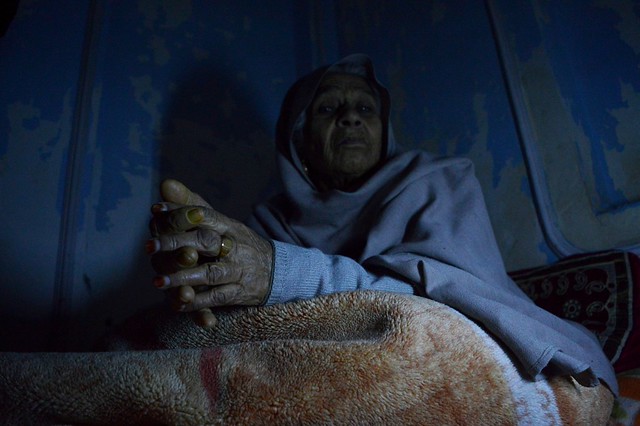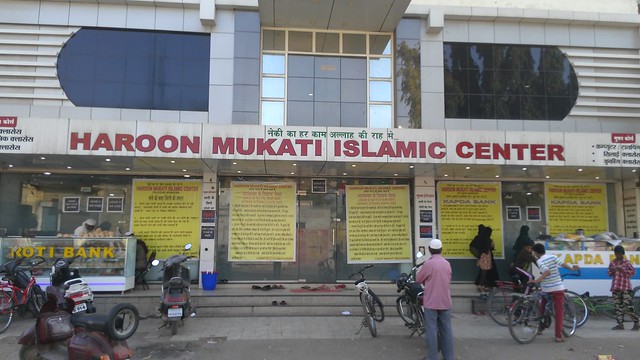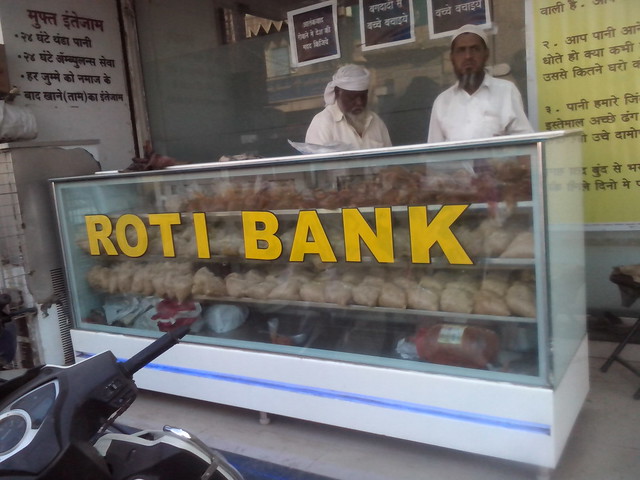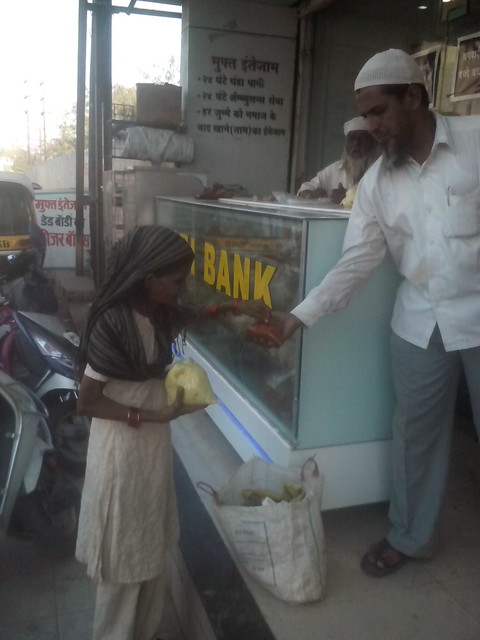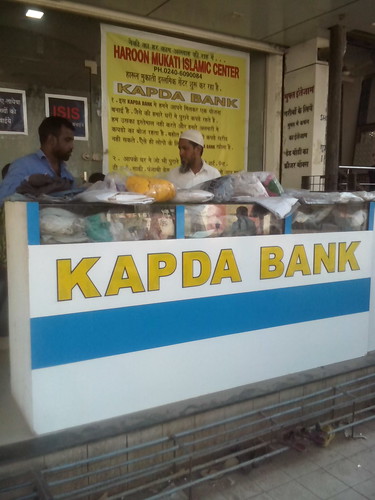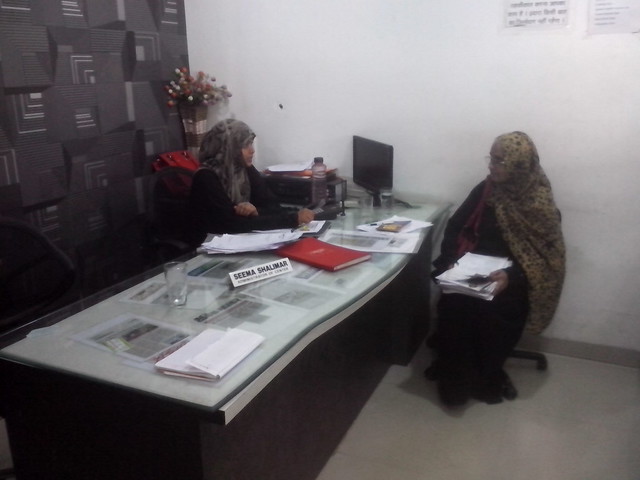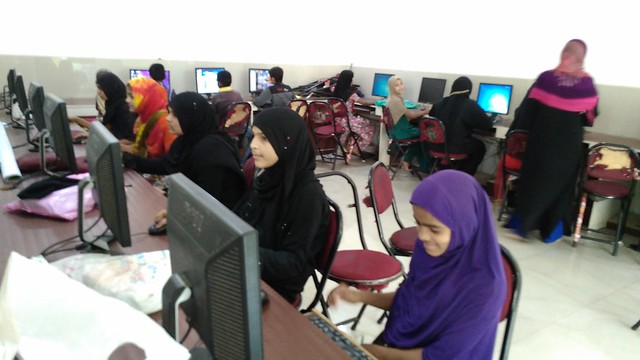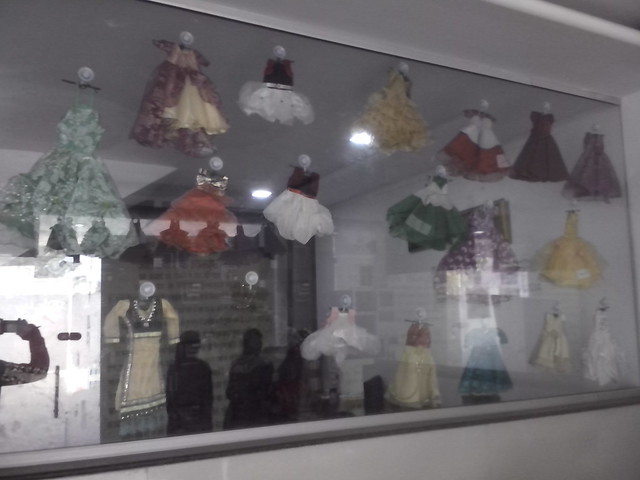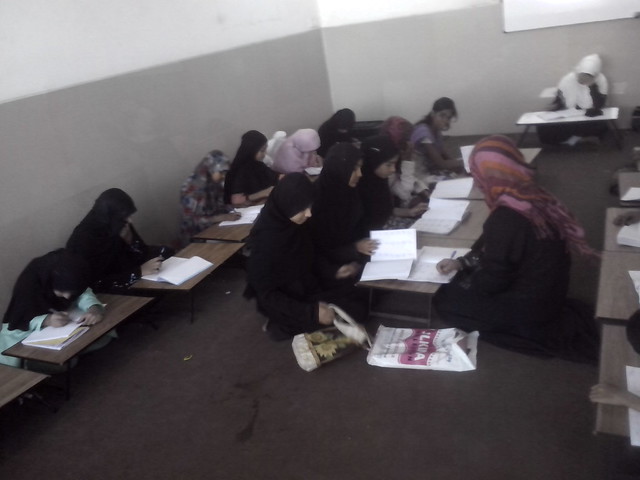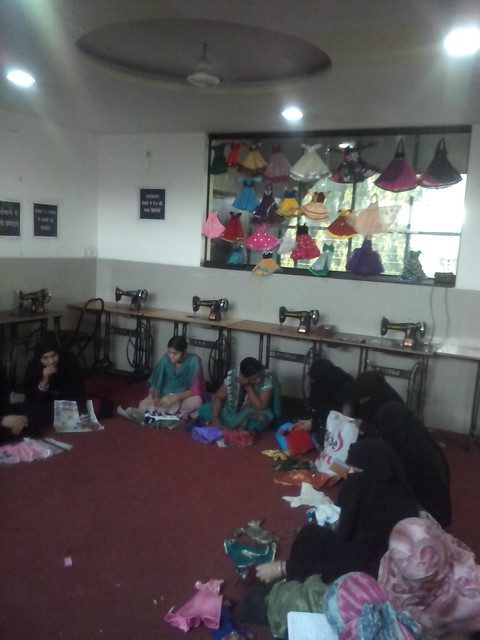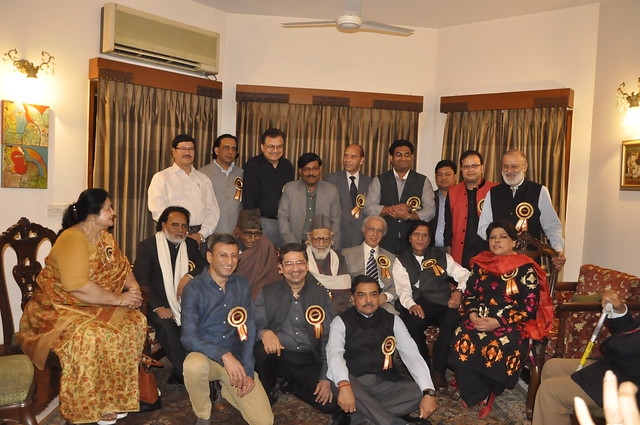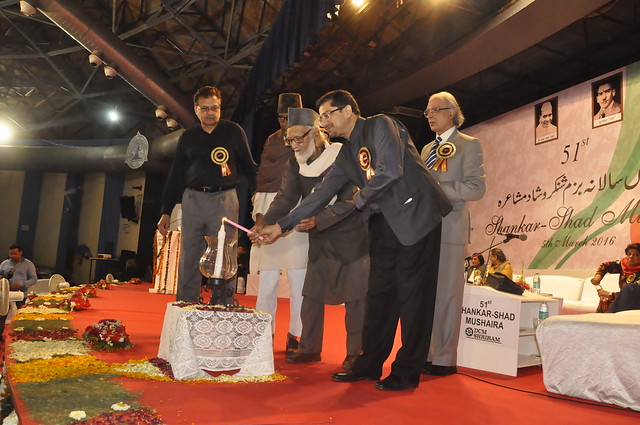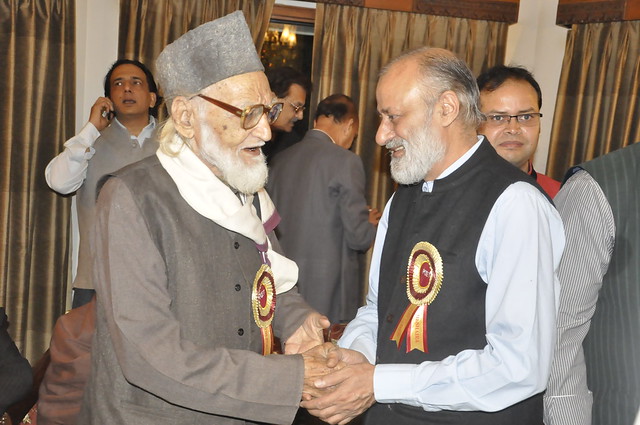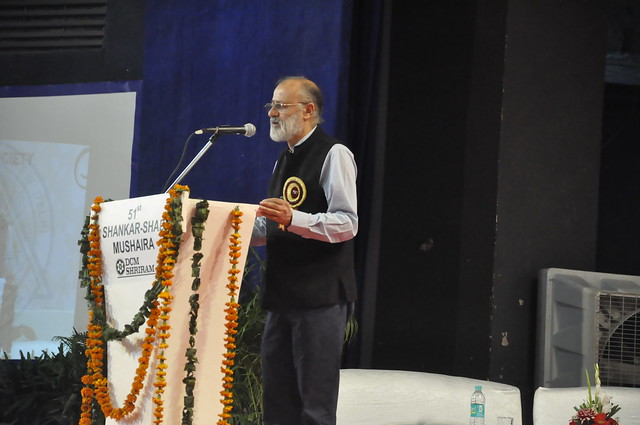In the fourth of the five personal stories of half widows, Raqib Hameed Naik narrates the story of Dilshada Begum.
Zakura (Srinagar): On June 16, 1992, Bashir Ahmad Sheikh, then 40, started his day early. For the past three days, Sheikh, who used to paint vehicles and billboards to make a living, had kept his shop closed due to Eid-al-Adha celebrations. As he stepped into his shop in Sheikh Mohallah, Rakhi Zakura, located on the outskirts of Srinagar, only to find that the paint stock was insufficient for painting vehicles which had been due later in the day.

He went home to inform his wife Dilshada Begum, now 55, that he was visiting Lal Chowk, located in the heart of Srinagar, to purchase the paint boxes. It turned out to be the last time Dilshada saw her husband.
As Sheikh reached Lal Chowk, an Army crackdown, which was a frequent event during those days, was already in place due to a firing incident which happened in the Maisuma area of the city on the same day. He was there merely to buy paint, but in 90s Kashmir, intentions had no impact on the outcome and Sheikh’s family had little idea of what was to follow.
For the next three days, Sheikh did not return home. Worried, Dilshada went to Lal Chowk to look for him, only to be told that he had indeed visited Lal Chowk, and last seen in crackdown, but there were no details thereafter: had he vanished in thin air? The answer, his family claims, was pretty clear: a married man with a family to take care of would not have run away for any reason: they were pretty sure that he was picked up by Army from the crackdown. The question was where was he now?
After a hectic search of six days, Dilshada approached the Zakura police station to file a missing complaint, and the officials promised to start an extensive search for him. She also approached local newspapers to publish her husband’s photo so as to inform the general public of a missing person; hoping someone might provide her information. All this proved to be futile, as no one came forward with any conclusive details.
Extending her search, she even went to Jammu where they used to visit in winters to escape the sharp decline in temperature in the Valley. “When my search bore no fruits in the Valley, I thought he might have gone to Jammu to purchase the paint boxes. But even after extensively searching every nook and corner of Jammu, he remained untraceable,” recalls Dilshada.

Dispirited, she came back and went to various police stations and army camps in valley, but there was no word about his presence in any of the security establishments.
With the bread winner of the family missing, Dilshada, despite suffering from various ailments, decided to work so as to feed her three sons.
In last 24 years, she toiled hard by working as a tailor and maid. “When my husband went missing, my elder son was nine years old and the other two were much younger. With no one around to help us financially, I decided to work despite my failing health. Those years were very difficult for me,” she says.
The disappearance of Sheikh had a detrimental effect on her second son, Reyaz Ahmed, who had been close to his father. After Sheikh’s disappearance, Reyaz suffered from Post-Traumatic stress disorder (PTSD) and in year 2011, he died after being mowed down by a vehicle in Batamaloo area of Srinagar at the age of 24. Dilshada came to know about his death after 12 days from a photograph of her deceased son published in a local newspaper by police officials.
“That incident was catastrophic and broke me down completely. I couldn’t have glimpse of his face for last time. He was buried as an unknown person in the Parimpora graveyard. Now, I have to face two sorrows, the missing of my husband and the death of my son. This is what conflict does to families in Kashmir,” says Dilshada as she broke down in tears.
The eldest son, Altaf Ahmad Sheikh, had to drop out of primary school after his father’s disappearance and went on to work as a painter so as to save his mother and brothers from abject poverty. Now, the 34-year-old is working as a driver. “We all were very close to our father. His disappearance has left a deep void in our lives which can never be filled,” says Altaf.
The fate of the youngest son, Imtiaz Ahmed, was no different. He too had to drop out of primary school to help his elder brother in his work. Ahmed, 27, is now working as a cab driver plying on Jammu-Srinagar route.

“Now, I am little relieved that both of my sons earn. It may not be much, but it is good enough to feed the extended family as both of them are married,” Dilshada explains.
Some years back, Dilshada suffered a serious heart attack which had left her bed-ridden for months. Every month, her medication costs Rs 3,000, which at times becomes difficult for her sons to arrange, especially during the lean seasons of the transport business. But the co-founder of Association of Parents of disappeared persons (APDP), Parveen Ahangar comes to their rescue. “She sends me medicines every month. She has been helping me since for many years,” says Dilshada.
In early 2000, her husband’s case was screened under Statutory Regulatory Order (SRO) 43 notified by J&K government in 1994 by district screening cum coordination committees (DSCCC) which were constituted at district level for the purpose of granting ex gratia relief in the favor of victim families. The process starts after seven years from the date filing of first report of missing the person, and the victim is presumed dead.
She received an ex gratia relief of Rs 1 lakh and assurance from the government that one of her son would be employed as a class IV employee, which is yet to materialise. The amount has to be refunded back if the victim turns out to be alive.
“Twenty three years have passed since, and even the government says that he is dead. But how can my eyes believe it when I haven’t seen his mortal remains? If the government is saying that he is dead, then possibly there is a grave. But where?” asks Dilshada.

Like all other women whose narratives were narrated in Part One, Two and Three , she too travels every month to Partap Park in Srinagar city to participate in monthly sit-in along with other half-widows and relatives of missing persons. Even though her health condition has worsened over time, the 22-km journey is a ritual she does not plan on letting go.
“I have been participating in monthly sit-in since last two decades and I will continue to take part until I get my answers about my missing husband from the governments and the perpetrator forces,” Dilshada adds.
Read Part-I here:Armed with a pictures that tell a thousand words: The protestors of Pratap Park
Read Part-II here:The half widows of Kashmir: A story of endless wait and hardships
Watch Short Film here:Half Widows of Kashmir
Read Part-III here:Married at 17, ‘Half widowed’ at 18: Safiya Azad continues to wait even after 23 years
Read Part-III (2) here:19 years and counting: the tale of Naseema Begum’s wait for her missing husband
Read Part-III (3) here:Half-widowed at 23, Rafiqa Mushtaq fights government, in-laws to ensure property rights for her children










